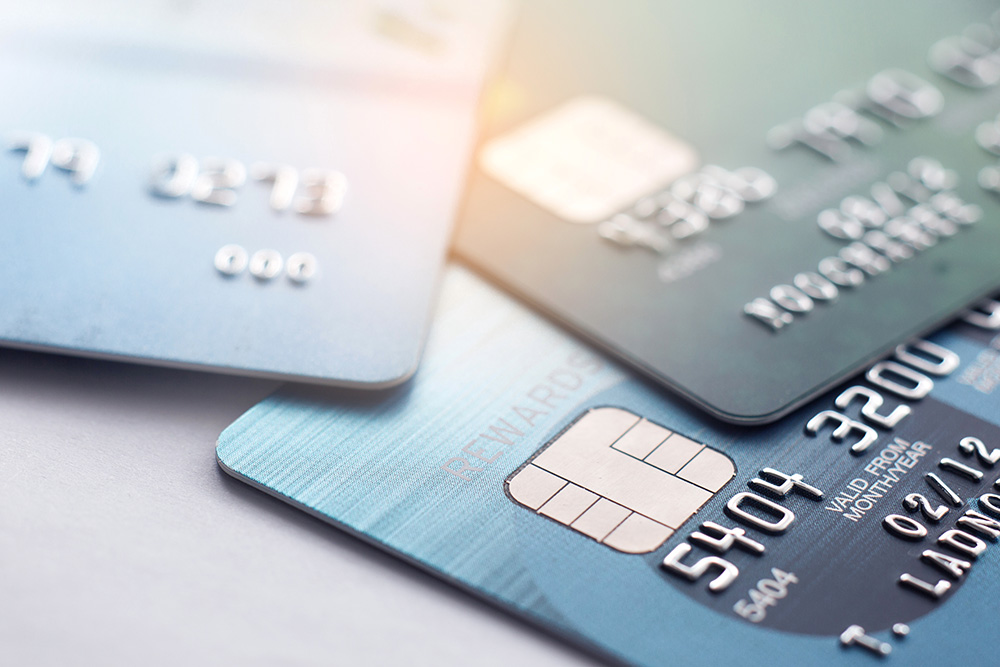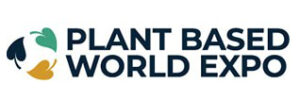Measures you can take to minimize your risk

By Gerri Detweiler
Think your catering business is immune from identity theft? So did Banquets Unlimited in North Huntingdon, Pa. Then an employee stole more than $8,000.
The same for Zubi Fish House, one of the South Florida restaurants that was a victim of fraud involving a woman posing as an employee for a local television station, who called in large catering orders, picked them up and never paid.
Then there was the employee of New York City’s Hale and Hearty, who stole credit card information from dozens of the restaurant’s customers to create fake credit cards.
The stories go on and on, but one thing is clear: Business fraud and identity theft are growing concerns for all businesses, including catering companies and restaurants. Not only are the instances of fraud and ID theft on the rise, but because of the lack of regulations and protection for business credit, they can cause irreparable damage.
Unlike personal credit, you can’t freeze your business credit report, and there are very few services to monitor business credit. If you aren’t on top of monitoring your financial accounts, credit cards and credit reports, you are at risk of losing your business to fraud.
How Thieves Leverage Your Data
So what do fraud and identity theft look like? They can come in various forms, as the previous examples illustrate.
Just as you can apply for a loan or credit card in the name of your business, so can identity thieves, if they’ve got the right information to do so. And it’s frightening how easy it is for them to get that information.
The National Cybersecurity Society (NCSS) says: “Using credit reporting agency data, the thieves easily target businesses with good credit ratings and/or find businesses that are no longer in operation. Unlike consumer credit card fraud, the payoff for stolen business credit is huge—in one case, criminals used forged business identities to obtain bank loans and lines of credit, allowing them to make a number of large and expensive purchases, including high-end automobiles.”
Scared? You should be. But there are measures you can take to minimize your risk of fraud.
1. Monitor Your Money
The better handle you have on your finances, the sooner you will catch a transaction that seems out of place. Watch your bank accounts closely, and know what each charge is.
Put guardrails on employee access. Certainly, not all employees need access to your bank accounts, credit card numbers or other financially sensitive data. Make sure you trust staff handling customer payment information as well.
Set up alerts on your bank accounts and credit cards to let you know when you have a low balance or when large transactions are charged. Review account activity frequently.
Review your bank account activity on a regular basis, and spot-check withdrawals and bills. Many a business has been defrauded by an employee, bookkeeper or even an accountant who misappropriated funds.
2. Monitor Your Credit
Another area to pay close attention to is your credit. Watch your personal credit from all three major bureaus (Experian, Equifax and Transunion), but don’t overlook your business credit. Just as you have a personal credit score and report, you also have the same for your business. Monitor your business credit from multiple bureaus, including Dun & Bradstreet, Experian and Equifax, since each may have slightly different transactions reported.
If anything looks unusual on any of your credit reports, react quickly to minimize fraudulent charges. If your personal credit is impacted, freeze your account immediately. This will prevent anyone from being able to open an account using your data.
Another smart tip is to avoid using business debit cards. There is less fraud protection with them than with business credit cards.
3. Stay on Top of Taxes
Another common ID theft strategy involves thieves filing taxes for your business and getting a refund without your knowledge. You can’t really prevent this, but you should be filing a tax return every year. Make sure the IRS has your up-to-date address so all tax refunds or documents go to you.
No business likes to think that it could be the victim of fraud or identity theft, but that’s dangerous thinking. Be proactive in monitoring your accounts regularly and paying attention to who can access sensitive data, and you’ll reduce the likelihood of the worst happening. λ
ABOUT THE AUTHOR

Gerri Detweiler has been guiding individuals through the confusing world of finance and credit for 20-plus years. She is the author or coauthor of five books, including her most recent, Finance Your Own Business: Get on the Financing Fast Track. Detweiler serves as the education director for Nav (nav.com), an online platform that matches small business owners to their best financing options, and gives free access to personal and business credit scores.










